In the past, success in school meant spending long nights in the library, endless hours scribbling notes, and surviving on cups of coffee. But times have changed. Today, thanks to powerful AI tools, students can learn faster, study smarter, and manage their academic lives more efficiently than ever before. In 2025, using AI is not a luxury — it’s becoming a necessity. This guide dives deep into the best AI tools for students in 2025, helping you choose the right ones to make your learning journey smoother and smarter.
Why Students Need AI Tools in 2025
- Faster Learning: AI personalizes lessons according to your pace.
- Better Organization: Smart tools can plan schedules and manage assignments.
- Improved Writing: AI editing and grammar tools elevate writing quality.
- Efficient Research: AI engines find reliable sources in seconds.
- Creative Boost: From generating ideas to creating presentations, AI sparks creativity.
Top 15 Best AI Tools for Students in 2025
1. ChatGPT

Use: Homework assistance, essay writing, explanations.
ChatGPT has evolved into a reliable academic companion. Whether you’re stuck on a math problem or need ideas for an essay, ChatGPT offers quick, intelligent responses.
Pros:
- Quick answers
- Versatile usage
Cons:
- Requires fact-checking
2. GrammarlyGO
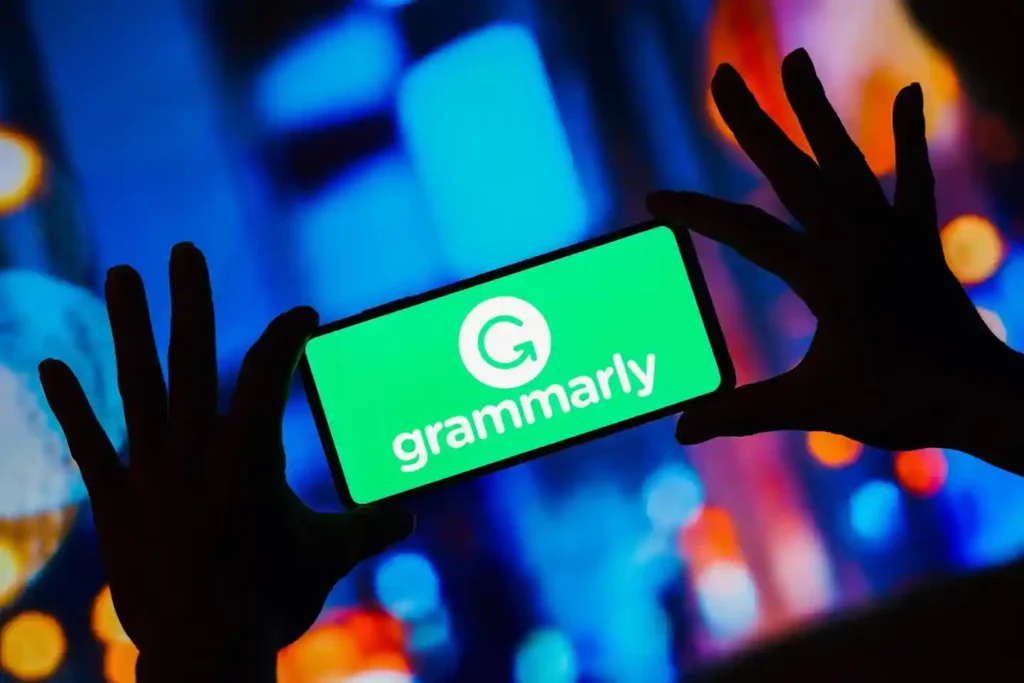
Use: Grammar checking, style improvement, clarity enhancement.
GrammarlyGO not only corrects grammar but also suggests stylistic improvements, making essays and assignments more polished.
Pros:
- Real-time feedback
- Supports various writing styles
Cons:
- Limited features in free version
3. QuillBot
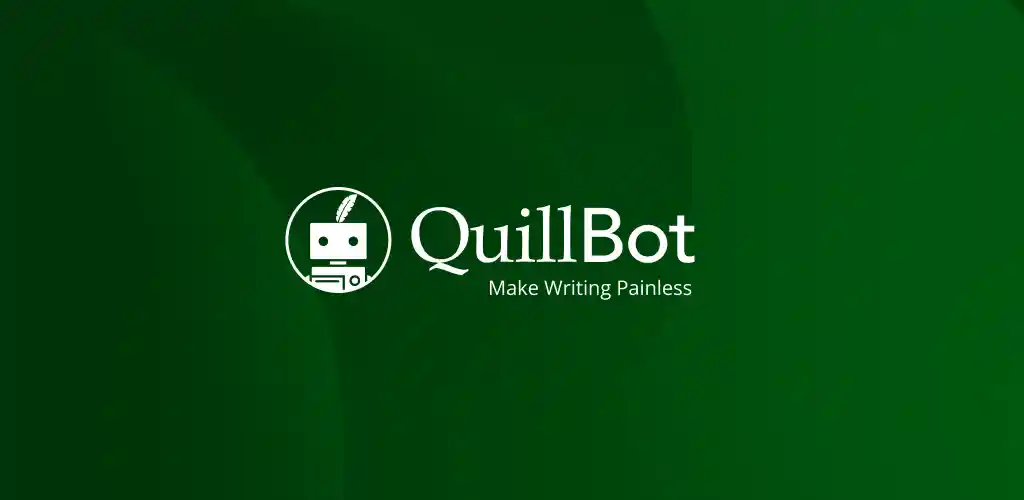
Use: Paraphrasing, summarizing, grammar correction.
QuillBot helps students reword sentences intelligently, summarize long articles, and correct grammar errors — a lifesaver during assignment rush.
Pros:
- Easy to use
- Supports academic writing
Cons:
- Limited customizations
4. Otter.ai

Use: Automatic lecture note-taking.
Otter.ai transcribes lectures and meetings with remarkable accuracy. Students can focus on understanding rather than scribbling notes.
Pros:
- High transcription accuracy
- Real-time collaboration
Cons:
- Requires internet access
5. Socratic by Google
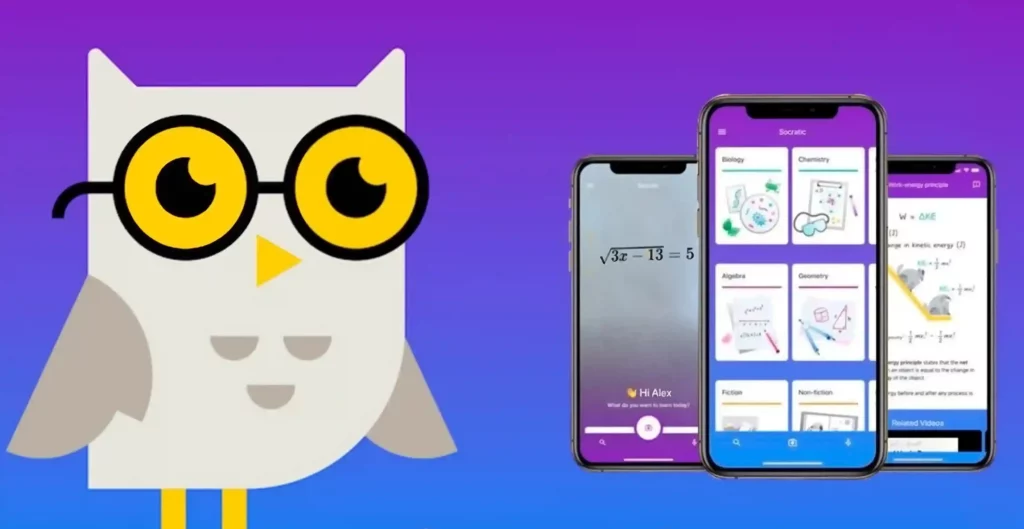
Use: Solving homework questions using AI.
Just take a picture of your homework question, and Socratic will find explanations, videos, and step-by-step guides to help you understand the problem.
Pros:
- Visual learning
- Easy for tough subjects
Cons:
- Limited to mainstream subjects
6. Notion AI
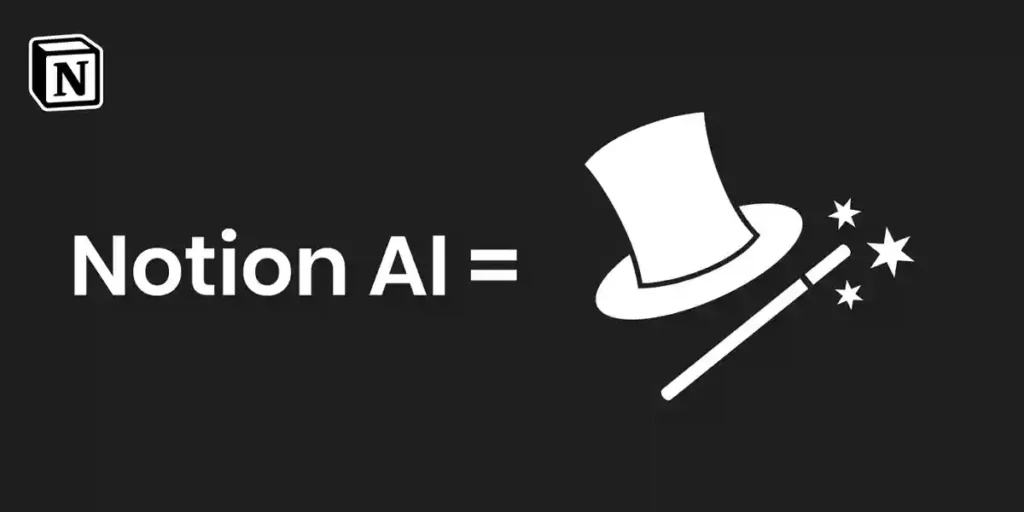
Use: Study organization, notes, and project management.
Notion AI helps students manage notes, to-do lists, and project timelines, ensuring better study habits.
Pros:
- Highly customizable
- All-in-one workspace
Cons:
- Learning curve for beginners
7. Jasper AI

Use: Essay writing, project drafting, brainstorming.
Jasper AI generates academic content ideas, outlines, and even drafts essays — saving students hours.
Pros:
- Creative outputs
- Easy-to-use templates
Cons:
- Expensive for full features
8. Copy.ai
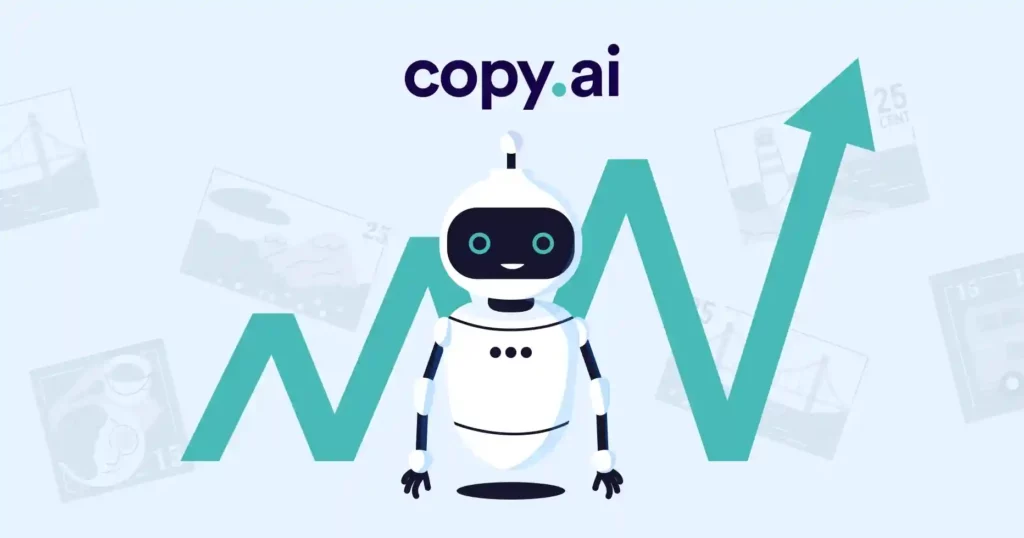
Use: Assignment writing aid.
Copy.ai assists students in generating paragraphs, summaries, and brainstorming content quickly and efficiently.
Pros:
- User-friendly
- Good free plan
Cons:
- Less control over style
9. Pictory AI

Use: Converting text into videos.
Pictory allows students to transform notes or assignments into visual video presentations, enhancing creativity.
Pros:
- Easy video creation
- Great for presentations
Cons:
- Limited video customization
10. Synthesia

Use: AI-driven video creation for educational projects.
Synthesia is ideal for creating professional-looking video assignments or learning content.
Pros:
- Human-like avatars
- Language versatility
Cons:
- Paid plans required for high-end features
11. Perplexity AI

Use: Academic research assistance.
Perplexity AI delivers credible sources for academic research, providing citations and references automatically.
Pros:
- Fast research
- Reliable references
Cons:
- Requires critical thinking to verify
12. Elicit
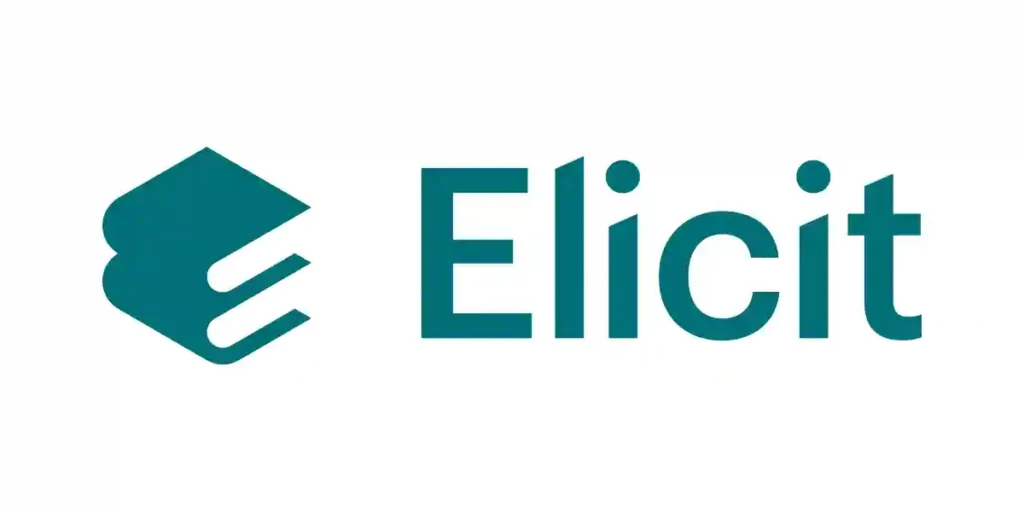
Use: Assisting in research paper creation.
Elicit uses AI to suggest studies, articles, and summarize findings, perfect for college-level research writing.
Pros:
- Research made easy
- Academic focus
Cons:
- Best used by higher-education students
13. Caktus AI

Use: Assignment generation and essay support.
Known as “student’s second brain,” Caktus AI helps in generating assignments responsibly.
Pros:
- Study assistance
- Time-saving
Cons:
- Ethical concerns if misused
14. DeepL Write
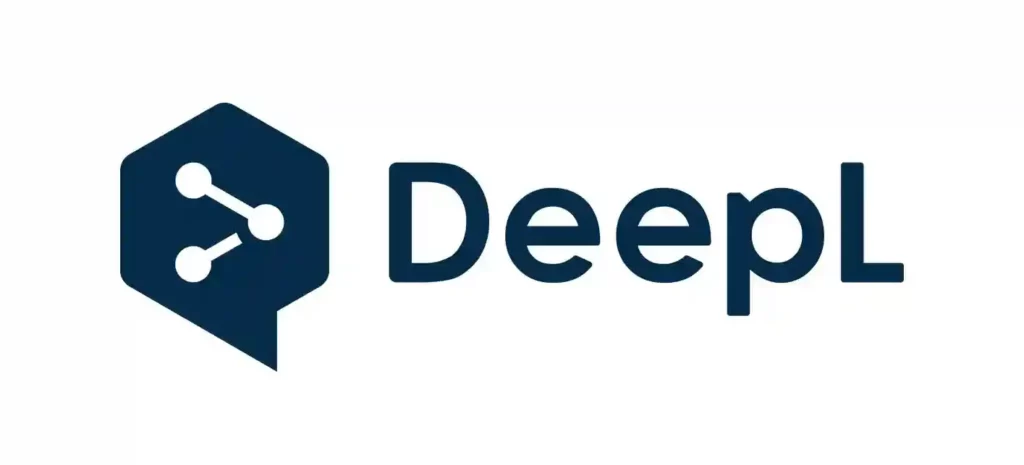
Use: Improving academic writing quality.
DeepL Write enhances phrasing, grammar, and readability, critical for essays and reports.
Pros:
- Professional tone
- Supports multiple languages
Cons:
- Slightly formal outputs
15. Smodin

Use: Assignment help, plagiarism checking, citation generation.
Smodin is an all-in-one writing and academic tool that supports responsible learning.
Pros:
- Broad feature set
- Educational focus
Cons:
- Limited free access
AI Tools for Students 2025: Comparison Table
| Tool | Best For | Free/Paid | Ease of Use | Key Features |
|---|---|---|---|---|
| ChatGPT | Homework Help | Free/Paid | Very Easy | Q&A, brainstorming |
| GrammarlyGO | Writing Assistance | Paid | Easy | Grammar & Style suggestions |
| Otter.ai | Lecture Notes | Freemium | Easy | Live transcription, sharing |
| Notion AI | Study Organization | Paid | Moderate | Templates, task management |
| Pictory AI | Video Creation | Paid | Easy | Text to video conversion |
How to Choose the Right AI Tool for Your Study Style
- Love Visual Learning? ✨ Try Pictory AI or Synthesia.
- Struggle with Writing? 📚 GrammarlyGO, Jasper AI, or QuillBot are your friends.
- Want Better Organization? ⏳ Start with Notion AI.
- Need Help with Research? 🔍 Elicit or Perplexity AI are top picks.
Tip: Always combine 2–3 tools for best results!
Pros and Cons of AI Tools for Students
Pros:
- Faster assignment completion
- Higher quality of writing
- More time for creative activities
- Personalized learning experiences
Cons:
- Risk of over-reliance
- Ethical concerns (especially with auto-completion tools)
- Some tools are costly
The Future of AI in Education: What’s Next?
In the coming years, AI won’t just assist with tasks — it will personalize entire learning paths for students. Predictive analytics will guide what students should study next, and virtual AI tutors will make learning interactive and fun.
Students who master AI today will find themselves ahead in the competitive world of tomorrow.
FAQs — Best AI Tools for Students 2025
1. What is the best AI app for students?
Answer: ChatGPT and GrammarlyGO are among the best because of their versatility and ease of use.
2. Are AI tools safe for students?
Answer: Yes, if used ethically. Students must avoid using AI to cheat or plagiarize.
3. Can AI help with exams?
Answer: AI can assist in preparation, revision, and understanding difficult concepts but should not be used during exams.
4. Are there free AI tools for students?
Answer: Yes! Tools like ChatGPT (basic), Socratic, and Otter.ai have free versions.
5. How do AI tools make studying easier?
Answer: They automate tasks like proofreading, note-taking, research, and content generation, saving time and enhancing output.
6. Is it ethical to use AI for assignments?
Answer: Using AI for research and help is ethical; copying entire assignments is not.
7. Which AI tools improve writing skills?
Answer: GrammarlyGO, QuillBot, and DeepL Write are excellent choices.
8. Can AI replace teachers?
Answer: No. AI supports learning but cannot replace the mentorship, motivation, and emotional intelligence a teacher provides.
Conclusion: Study Smarter, Not Harder
AI tools are not shortcuts to success — they are enablers. The real key is how wisely you use them. In 2025, students who combine traditional discipline with smart AI usage will stay miles ahead.
So go ahead, explore the tools listed here, find your perfect study companions, and remember: Work smart, study smarter, and win bigger!
Find More: Top 15 AI Tools in 2025 – Powering the Future of Smart Living & Productivity



